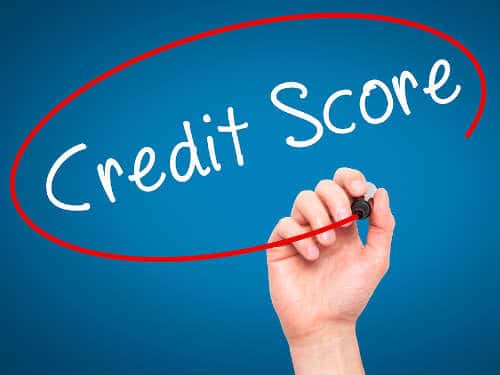In addition to your FICO credit scores, you should also get your Experian PLUS score. In recent years, consumers got all three FICO scores – based on their TransUnion, Equifax, and Experian reports. But as of 2009, you can now only get two FICO scores (based on what’s in your Equifax and TransUnion files).
You can no longer get an Experian-based FICO score. So what should you do to get a score based on all three credit files? My recommendation is to get your third credit score directly from Experian via its www.creditexpert.com consumer website. This score is known as your Experian PLUS Score.
Why You Need Your Experian PLUS Score Too
Some people suggest that buying any scores other than FICO scores is not worth it. They contend that it’s a waste of money for you to buy a score that’s not used by lenders. However, I disagree. I think it’s ultimately far more valuable for you to have additional information, as opposed to less information when it comes to your credit.
When you get your Experian PLUS score, you’ll acquire keen insights into what is strengthening your credit profile – and what is weakening it. Here’s what Experian told me about my score, which was 780:
What factors raise your PLUS Score:
- You have paid your bills on time and currently do not have any overdue accounts or derogatory information, such as a collection, charge-off, or bankruptcy, on your report.
- You have a good cushion of available credit between your current balance and your credit limits on all open trades. This has a positive affect on your credit score. This cushion shows lenders that you are unlikely to overextend yourself financially.
- You have at least 2 or more open major credit cards, such as Discover, American Express, VISA, or MasterCard, on your credit report. This often tells lenders that you are a responsible borrower and they may be more likely to see you as a good credit risk and extend you credit.
- Your credit file shows no record of any current delinquencies on real estate accounts, such as a mortgage. Having real estate accounts in good standing is viewed positively by lenders.
- Credit scores are calculated based on various factors in your credit report. Currently, your credit report does not show any significant negative or derogatory information.
My Experian PLUS score and report also told me how my score stacked up against the rest of the U.S. population (I was in the 91st percentile), and it showed me a graph to illustrate how risky I would be viewed (as either High Risk, Medium-High Risk, Medium Risk, Medium-Low Risk, or Low Risk) if I were to change my payment patterns, credit usage or various financial habits. I found all of these points relevant and useful.
The Scoring Ranges for the PLUS Score and the FICO Score
Therefore, while the Experian PLUS score isn’t the one pulled by lenders, it is nonetheless helpful. And for those who choose not to purchase their two FICO scores, even though Experian uses a different scoring model than the one used to calculate your FICO scores, knowing your Experian PLUS score can at least give you a rough approximation of how well you fare numerically based on information in your Experian file.
For instance, the FICO scoring model ranges from 300 points to 850 points. By comparison, under Experian’s scoring model, credit scores range from 330 to 830. When I purchased my Experian PLUS score, it was 780, roughly comparable to the level of my FICO scores.
So for the sake of having three scores, and getting deeper insights into your scores and credit rating, I believe the Experian PLUS score is also well worth its $14.50 price tag. Granted, it’s not the score lenders use, but it’s educational nonetheless.








